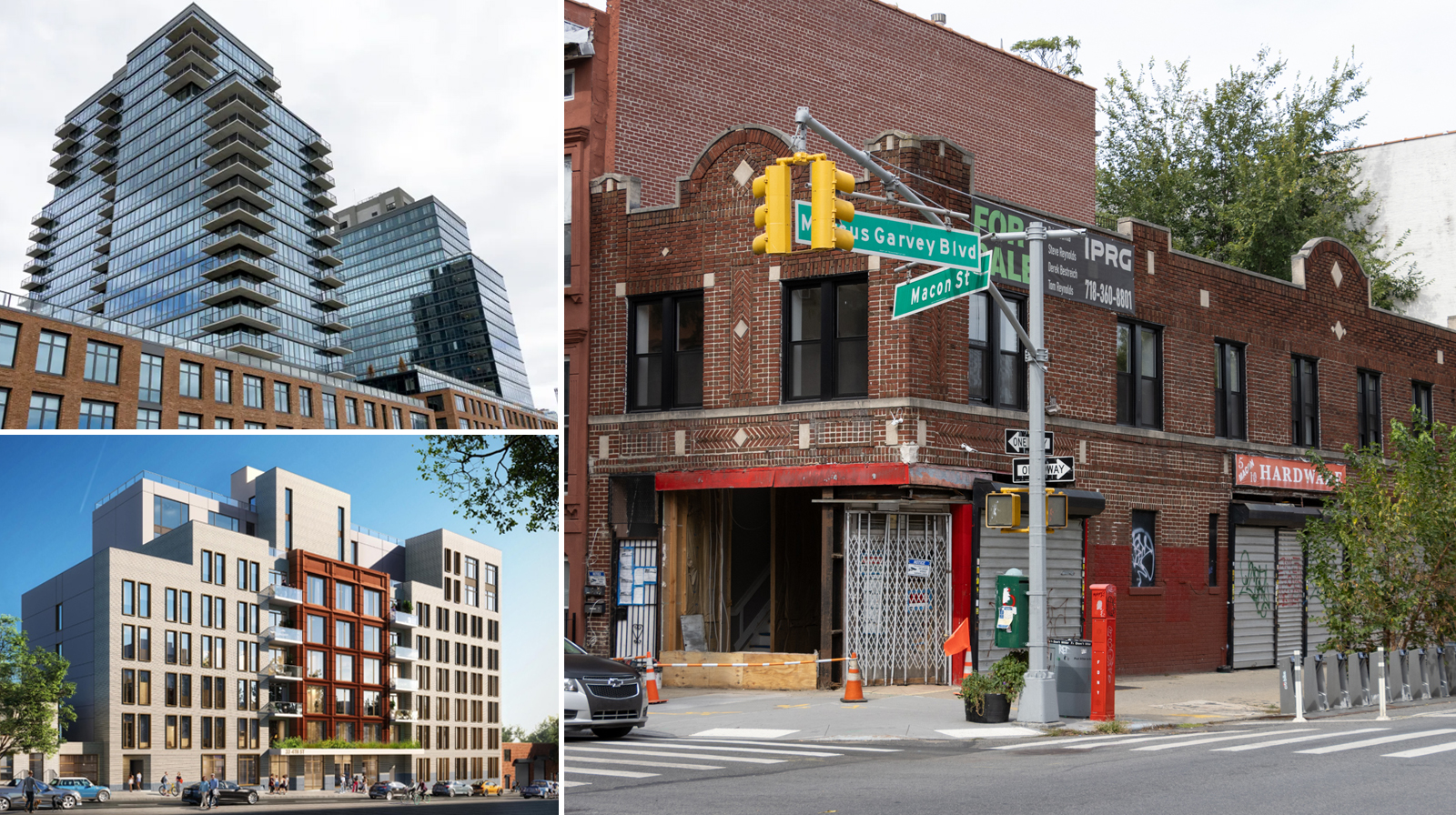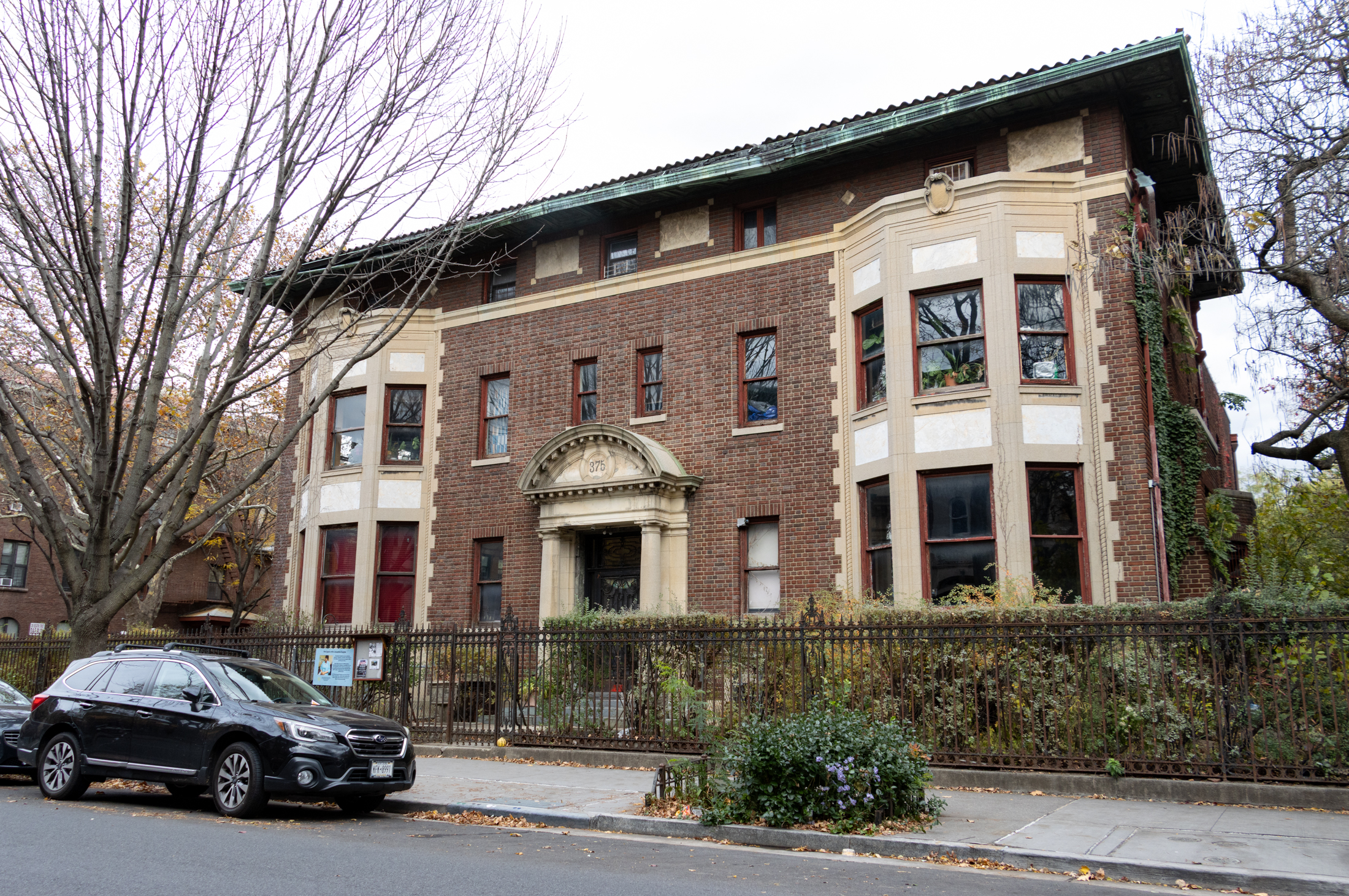Oder Does The Times
After years of (rightly) criticizing The New York Times for its failure to bring a critical eye and adequate resources to its coverage of the Atlantic Yards project, Norman Oder, publisher of the Atlantic Yards Report, got his own essay (that’s what The Times calls it; he calls it an Op-Ed) in the paper of…

 After years of (rightly) criticizing The New York Times for its failure to bring a critical eye and adequate resources to its coverage of the Atlantic Yards project, Norman Oder, publisher of the Atlantic Yards Report, got his own essay (that’s what The Times calls it; he calls it an Op-Ed) in the paper of record. A central point of the essay, and the one that he parses further in a follow-up post on his blog, is that public officials might have thought harder about handing out hundreds of millions of dollars in subsidies if they’d known that someone with unlimited financial resources–in this case Russian billionaire Mikhail Prokhorov–would end up being the beneficiary. “All was forgotten as flashbulbs popped for Prokhorov, as was the notion that had a man worth nearly $18 billion put his hand out for subsidies, someone might have called foul.” Lest the appearance of Oder’s piece on The Times give the impression that the paper has changed tack on Atlantic Yards, it’s accompanied by another criticism-free profile, this one of Ratner, in today’s sports section, the main point of which appears to be to stir up conflict between him and Madison Square Garden chief Jim Dolan.
After years of (rightly) criticizing The New York Times for its failure to bring a critical eye and adequate resources to its coverage of the Atlantic Yards project, Norman Oder, publisher of the Atlantic Yards Report, got his own essay (that’s what The Times calls it; he calls it an Op-Ed) in the paper of record. A central point of the essay, and the one that he parses further in a follow-up post on his blog, is that public officials might have thought harder about handing out hundreds of millions of dollars in subsidies if they’d known that someone with unlimited financial resources–in this case Russian billionaire Mikhail Prokhorov–would end up being the beneficiary. “All was forgotten as flashbulbs popped for Prokhorov, as was the notion that had a man worth nearly $18 billion put his hand out for subsidies, someone might have called foul.” Lest the appearance of Oder’s piece on The Times give the impression that the paper has changed tack on Atlantic Yards, it’s accompanied by another criticism-free profile, this one of Ratner, in today’s sports section, the main point of which appears to be to stir up conflict between him and Madison Square Garden chief Jim Dolan.
A Russian Billionaire, the Nets and Sweetheart Deals [NY Times]
Ratner Content to Succeed in the Shadows [NY Times]
My Time Op-Ed [Atlantic Yards Report]
Photo by gilly youner





Somehow this myth has evolved that Robert Moses killed the Dodger’s move to the Atlantic Terminal area. Not true.
Robert Moses had no formal jurisdiction over that deal, nor was the land around the Atlantic terminal under the city’s ownership (it belonged to the LIRR, in those pre-MTA days).
What is true is that O’Malley went to Moses to ask him to lend his support to the idea of a baseball stadium in the Atlantic Terminal area. O’Malley rightly believed that Moses was the only one in governmental circles who could get things done. Moses refused to support the idea of a stadium in that area. Rather, he urged O’Malley to consider a stadium in Flushing Meadows park, which WAS under his jurisdiction (he was the Parks Commissioner). O’Malley refused to accept a stadium in Flushing, and the rest is history.
Yes, risky equity. I will not spend all day explaining that one, but here is a primer:
If the project does well the muni bonds get paid off and Prokhorov makes a bundle.
If the project doesn’t do well, 100% of some lower percentage of the muni bonds get paid off and Prokhorov’s equity gets wiped out.
Risky.
But I’m sure that 10 years from now people will completely lose sight of the fact that equity is making a risky bet now and act like the outcome was pre-determined and unfair. Sort of like making a losing bet on synthetic CDOs put together by Goldman Sachs – if the market had kept going up the buyers would have made a bundle, but instead it went down and now no one seems capable of understanding that it was a risky bet with no pre-determined outcome.
yes, this is how development is always done: give eminent domain and large amounts of subsidies and breaks to the 19th richest man in the world (who became rich through a rigged deal) so that that Russian oligarch can enjoy the benefits of the Brooklyn rigged deal.
Every project in New York has been built that way. Right?
I consider myself highly liberal and even I want this damn arena built at this point.
“Typical confused liberal interpretation of economics.”
Not really. I’m liberal, and hardly confused about economics.
I am however sickened that our tax dollars underwrite Ratner’s business incompetence. If this is a free market, how come so much of our handout (primarily the first $50 million that was supposed to go to affordable housing) was spent on political lobbying and PR?
Even though many people think a few billion dollars is a good price to lease a basketball team for a few years, those of us that refuse to accept this scam will perhaps make New York less likely to get robbed on this scale again.
Wishful thinking on my part perhaps. But given the economic pain this city is going through, speaking up when people that drive quarter of a million dollar Bentleys get welfare seems the least this unconfused liberal can do.
Boerum Hill – you dont see this project as risky? I don’t need to tell you that equity gets paid last. And you likely remember all of those muni bonds with the crappy ratings have to get paid first.
If the MTA didn’t want to sell it at below market price then they should have held on to it.
Lechal,
“Risky equity”? The developer buys land from the MTA at a below market price, gets subsidized on his financing and exempted from taxes. The value of the subsidies likely exceeds the value of the private equity contribution.
You’re OK in my book, lechacal.